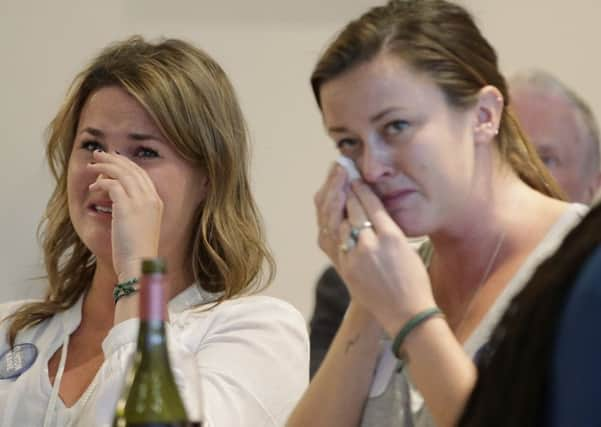No matter what, it's always good to talk


This was my theme in giving the annual University of Edinburgh Academy of Government Annual Lecture recently, with the title “Beyond Adversarial Politics: reaching for the common good through respectful dialogue”. I recognised the risk of naivety in proposing such a possibility but also the opportunity to find different ways to make policy decisions and conduct political discourse in contrast with much of the zero sum, unsophisticated positioning which often occurs today.
We discussed the value of tone, language and understanding the flight or fight response triggered by fear of loss or other “social pain”, especially when under pressure, as our political leaders so often are. Yet, to be effective, politicians, like the rest of us, need to build constructive working relationships with others, regardless of what they or we think of them or their views. With all of this in mind, we pondered a training initiative for public servants, including senior local and central government officials and the politicians themselves.
Advertisement
Hide AdAdvertisement
Hide AdI described some of my work over the years in various parliaments and proposed several new initiatives, including benchmarking parliamentary performance against the eight standards set out in Collaborative Scotland's Commitment to Respectful Dialogue. We considered the measure of success initially needed only to be some improvement at the margins. That is often where the difference lies between “success” and “failure”. Ask any sportsperson.
A week or two earlier, I had visited Nairobi to help conduct a workshop for about 30 leaders of the South Sudanese Church. South Sudan is a newly independent country torn apart by civil war. There have been unspeakable atrocities committed there. We worked with people whose lives have been shattered by their experiences and who themselves are suffering serious trauma. Yet the same ideas were as relevant to this group as elsewhere: engaging with “the enemy”, building relationships, separating people from the problem, listening to and understanding deeply the stories of the “other”, finding “win-win” solutions to intractable problems based on interests rather than polarised positions, and accepting and acknowledging our own imperfections and errors.
All of this become more focused in the days following the US Presidential Election. There was much e-mail activity among American colleagues from the International Academy of Mediators as they sought to understand what had occurred. From denial to despair, to blaming others and then themselves, they moved to that sea of confusion that can consume us all as we struggle to come to terms with a traumatic event. Gradually, reality dawned and the acceptance grew that this is how it is and will be, and that they (and we) must all work to try to ensure the Trump presidency is a successful one.
It falls to each of us to seek out those we don't like or understand and listen to their stories. Alienation, disenfranchisement and despair seen more rife in the western world than ever before. There is no alternative but to try to understand why – and, more difficult, do something about it.
In the same week, as a mediator, I saw the power of the process as one long-running complex issue regarding investment in a prominent start-up came to successful conclusion and an iconic project in the construction field continued to benefit from ongoing facilitation of high-level progress meetings at a crucial stage. In other mediations, two couples sought recovery from the insurers of people providing professional services. One achieved an agreed outcome to satisfy all interests. In the other, the solicitors went away to work on possible solutions, much better informed about the issues and their origins and the options now available. As one remarked: “It was good to talk.”